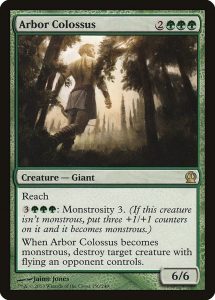In Magic: The Gathering (MTG), understanding the classification of enchantments and artifacts as spells can be pivotal for gameplay strategy, particularly when considering the use of counter spells like “Cancel.” According to the official MTG rules, a “spell” refers to any card on the stack, which is the transitional phase from being a card in a player’s hand to being a permanent on the battlefield. This definition encompasses all non-land cards, including enchantments and artifacts, during their casting process.
As such, enchantments and artifacts are indeed considered spells while they are on the stack. This means that they can be countered by spells like “Cancel,” which states “Counter target spell.” It’s important to note that once these cards resolve and become permanents on the battlefield, they are no longer considered spells and thus cannot be targeted by counter spells like “Cancel.”
Lands are the exception to this rule. Unlike other card types, lands do not use the stack and transition directly from being a card to a permanent on the battlefield. Therefore, they are never considered spells and cannot be countered by spells like “Cancel.”
From the official rules:
111.1. A spell is a card on the stack. As the first step of being cast (see rule 601, “Casting Spells”), the card becomes a spell and is moved to the top of the stack from the zone it was in, which is usually its owner’s hand. (See rule 405, “Stack.”) A spell remains on the stack as a spell until it resolves (see rule 608, “Resolving Spells and Abilities”), is countered (see rule 701.5), or otherwise leaves the stack. For more information, see section 6, “Spells, Abilities, and Effects.”
However, lands are not considered spells. They are a special case in Magic.
305.1. A player who has priority may play a land card from his or her hand during a main phase of his or her turn when the stack is empty. Playing a land is a special action; it doesn’t use the stack (see rule 115). Rather, the player simply puts the land onto the battlefield. Since the land doesn’t go on the stack, it is never a spell, and players can’t respond to it with instants or activated abilities.
Wrapping Up
This understanding is crucial for MTG players, as it informs how different card types interact and can be affected by various spells during the game. It also highlights the strategic importance of timing when using counter spells, as they can only target enchantments, artifacts, and other non-land cards while they are being cast, not after they have become permanents on the battlefield.



